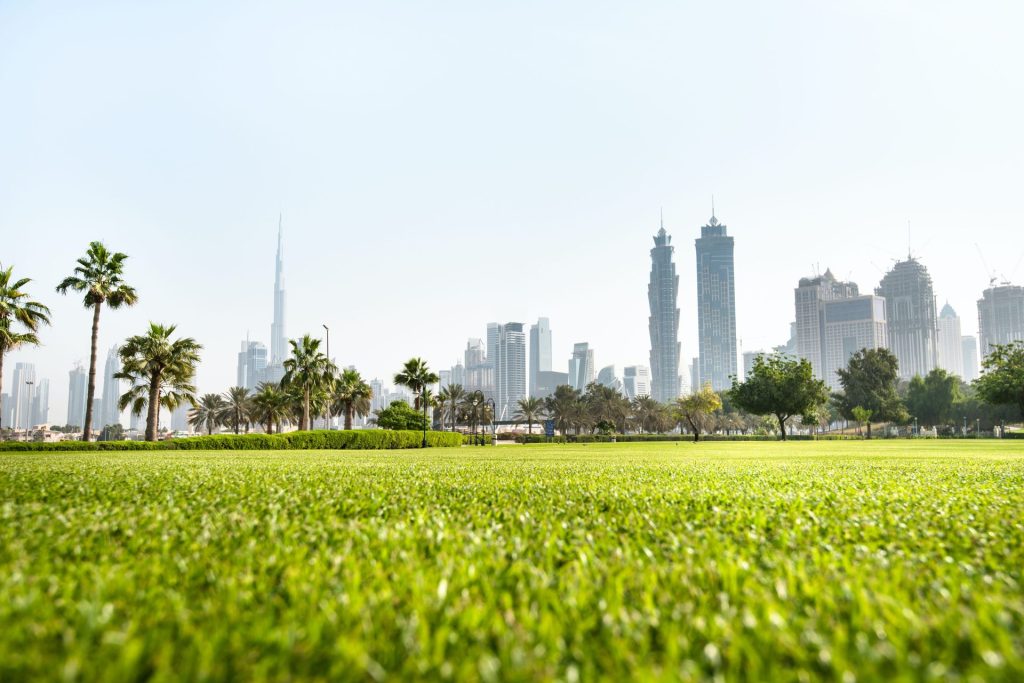While Dubai is often associated with skyscrapers and malls, a quieter, greener revolution is blooming under the surface. Urban residents are increasingly turning to community gardens to reconnect with nature, reduce food waste, and cultivate friendships. From Jumeirah to Sustainable City, these shared green spaces offer hands-on access to soil, seeds, and sustainable living. They’re not just plots of earth—they’re classrooms, gathering spaces, and acts of eco-conscious resistance in a fast-paced city. Finding these gardens means stepping into a different rhythm, where the reward isn’t just the harvest but the shared experience.
What Defines a Community Garden in Dubai
Community gardens in Dubai are usually organized by municipalities, real estate developers, schools, or sustainability-focused organizations. They allow individuals, families, or small groups to rent or share garden beds for growing fruits, vegetables, herbs, and ornamental plants. Some gardens are located within gated communities, others inside public parks or cultural centers. They are typically maintained collectively, with rotating responsibilities for watering, composting, and general upkeep. Participation usually requires adherence to local agricultural regulations and community guidelines, which promote organic practices and avoid chemical use in line with UAE green initiatives.
Neighborhoods Where Community Gardens Are Thriving
If you’re serious about joining a community garden, some districts stand out. Sustainable City is one of the most notable, offering resident-only garden plots with organic farming methods, solar-powered irrigation, and composting stations. In Jumeirah, several schools and cultural hubs host edible gardens that welcome volunteers and urban farmers. The Al Barsha area, particularly near parks, has also seen a rise in eco-clubs that manage shared beds. In Mirdif and Nad Al Sheba, villa communities with larger open spaces offer resident-organized garden initiatives. While access may vary, many of these spaces welcome external visitors for workshops and seasonal festivals.
How to Locate and Join a Community Garden
Finding a community garden in Dubai isn’t always about searching online—sometimes, it’s about asking the right people. Visiting local farmers’ markets or eco-events can introduce you to garden organizers or fellow enthusiasts. Wellness centers, schools, and co-working spaces often share announcements on their noticeboards or Telegram groups. The UAE Ministry of Climate Change and Environment occasionally promotes urban agriculture programs, and municipalities sometimes sponsor public garden initiatives in parks. Don’t hesitate to contact sustainability officers in residential developments, as they often manage underutilized green spaces waiting for engagement.
What You Need to Start Gardening in a Shared Space
Joining a community garden in Dubai typically requires registration with the organizing body, a short orientation session, and a commitment to contribute time. You’ll usually need your own gloves, hand tools, and biodegradable planting containers, although some gardens offer shared equipment. Sessions are often scheduled early in the morning or just before sunset to avoid the midday heat. Organic compost, mulch, and soil mixtures are either provided or coordinated through community bulk orders. Most gardens rotate beds seasonally and follow UAE planting calendars to ensure optimal growth and water conservation.

Rules, Etiquette, and Shared Responsibility
Community gardens work because of shared values and mutual respect. In Dubai, many spaces operate on a co-op model where all members are expected to contribute labor and resources. Crops are grown collectively or in assigned plots, and everyone plays a role in pest management, watering, and composting. Children are often welcome but must be supervised. Gardeners are encouraged to avoid plastic packaging and to recycle water wherever possible. Most importantly, everyone is expected to respect the planting cycles, avoid overharvesting, and maintain cleanliness—practices in line with both local cultural norms and sustainability goals.
Learning Opportunities and Skill Sharing
Beyond the soil, these gardens serve as community learning platforms. Many organize seasonal planting days, composting workshops, or seed swap events. Residents teach each other through lived experience—how to manage basil in harsh heat, why coriander struggles in summer, or how to reuse kitchen waste for compost. Some gardens even host guest workshops with botanists or organic farmers. Families find value in the experience too, using garden time as a way to teach children about patience, biodiversity, and food responsibility. This makes the gardens more than just green patches—they become hubs of living education.
Benefits That Extend Beyond the Garden Fence
The value of these gardens goes far beyond vegetables. Participants often report improved mental clarity, reduced stress, and a renewed sense of connection. For many expats, they offer an anchor—a sense of belonging in a city that moves fast and feels transient. The chance to grow mint for your tea or harvest tomatoes with your child offers grounding and pride. In neighborhoods where these gardens thrive, there’s often a visible shift in social connection, with neighbors chatting, exchanging tips, or simply spending time away from screens and traffic.
Sustainability and Local Agricultural Trends
Dubai’s urban agriculture ambitions are growing, and community gardens are a key part of that picture. The government’s Food Security Strategy includes promotion of local farming methods, water-efficient irrigation, and rooftop agriculture. In line with that, many gardens now use drip irrigation, shade netting, and recycled water to reduce environmental impact. Local seed banks and heritage seed exchanges are gaining popularity. These efforts mirror a broader shift toward food independence, conscious consumption, and climate resilience—all themes that resonate within the garden space. Participants become part of a much larger sustainability narrative.
Why Community Gardening Is a Growing Movement in Dubai
As the www.few.ae team notes, “In a city built on speed, the slow growth of a seed reminds us of what truly matters.” Community gardens across Dubai may not occupy headlines, but they are steadily nurturing a different kind of future—rooted in soil, connection, and care. Whether you have a green thumb or have never held a spade, these spaces welcome you not just to grow plants, but to grow presence.
In Dubai, finding a community garden isn’t just about plants—it’s about discovering patience, sharing purpose, and planting roots that reach far beyond the soil.
